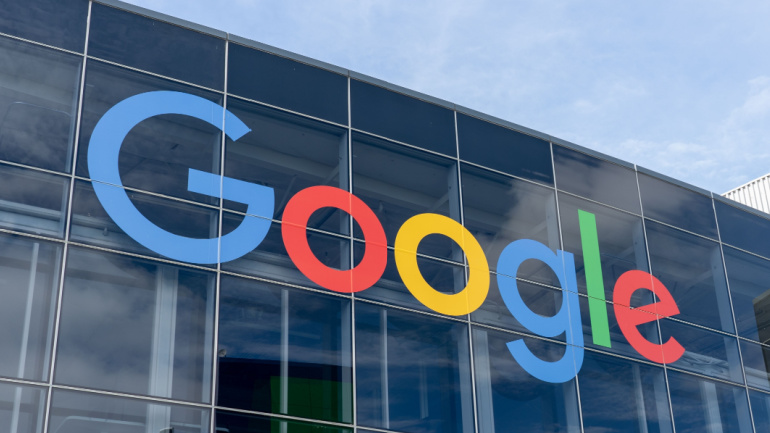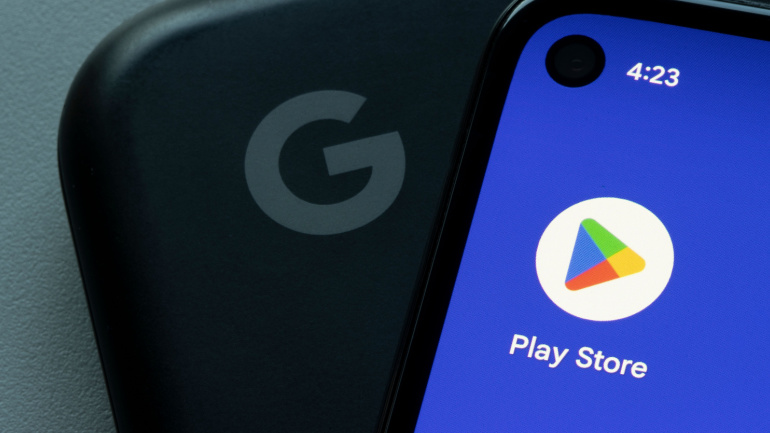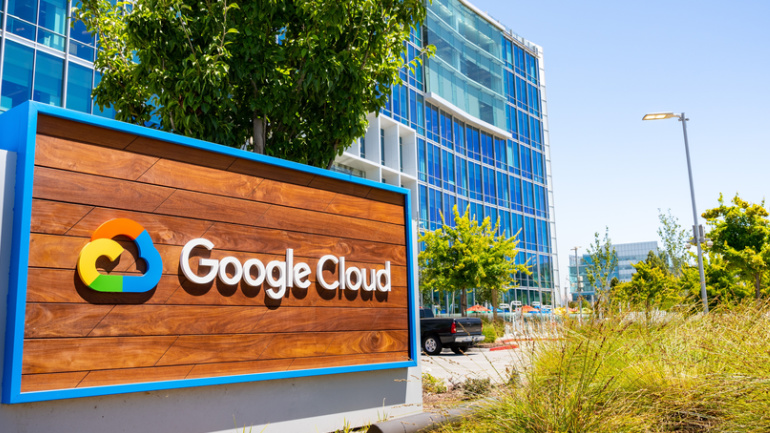Tech giant Google is set to pour $1 billion into the development of a new data centre in Waltham Cross, Hertfordshire, signaling a robust commitment to expanding its technical infrastructure in the United Kingdom.
In a significant development, Google has confirmed a $700 million settlement, allocating $630 million to U.S. consumers and $70 million to a fund for U.S. states. The settlement, initially reached in September and related to a class-action lawsuit filed in 2021, addresses concerns about Google’s monopoly on app distribution through the Play Store.
ITU announced a 6G framework, advancing global standards with a focus on spectrum bands, capabilities, and use cases. Eutelsat OneWeb and Imperial College are teaming up to transform space weather monitoring. Google launched Gemini AI model with flexibility to process diverse data types. SoftBank acquires 51% of Cubic Telecom, forming a strategic partnership for software-defined connected vehicles.
IBM has introduced Watsonx Code Assistant, an AI-powered tool for enterprise software development. Riga Technical University partners with IS-Wireless to advance 5G Open RAN technology. Snom’s phones are certified for NetSapiens, streamlining deployment for telecom resellers. Google Maps enhances user experience with AI-powered features, offering Immersive View, improved navigation, and EV charging information, striving to outperform competitors.
Nokia’s 25G PON solutions are boosting Google Fiber’s bold venture into establishing a 20-Gbps service, though the full potential of such capacity remains untapped. However, Google Fiber, focusing on the future, views this as a crucial step towards achieving 100-Gbps services and beyond. Yet, does the necessity of such impressive speeds linger in doubt, or are these advancements setting a thrilling precedent in the field of telecommunications?
Google’s Pixel 8 promises a remarkable seven years of updates, outdoing Samsung. The Pixel 8 Pro boasts advanced computational photography and an FDA-approved body temperature sensor. Microsoft introduces a faster, sleeker Teams app with AI-powered Copilot. Truecaller strengthens fraud detection with Unoideo Technologies acquisition. Snom Americas collaborates with Zoom to enhance the reseller channel with the Snom M500 DECT phone system, offering wireless mobility and crystal-clear audio.
Google has elevated digital assistance with its AI-powered Google Assistant with Bard which assures enhanced user understanding and broad service range, an enticing departure from its voice-activated predecessor. Public access is earmarked soon, with notable privacy control assurance. Coupled with AI-centric Pixel additions, this advanced assistant optimistically envisages a future with intuitive personal AI, pushing generative AI’s benefits beyond perfecting selfies.
Unveiling a new dimension to their collaboration, Ericsson and Google aim to enhance Cloud RAN solutions leveraging Google’s Distributed Cloud. This endeavor, targeting seamless automation, orchestration, and incorporation of AI and machine learning, promises wide-ranging benefits for communications service providers. Observations from the Ericsson Open Lab revealed the power of the Google Distributed Cloud in extending network functionalities, opening exciting new possibilities in the telecoms landscape.
Google Chrome’s desktop version is set for a Material You design update. Apple hints at traditional smart glasses development through a recent patent, complementing their Vision Pro headset. Verizon introduces a versatile Mobile Onsite Network-as-a-Service for enterprises, offering private networks, edge compute, SD-Wan, and satellite connectivity. Meanwhile, Google unveils its Pixel 8 series and teases the Pixel Watch 2 ahead of an October 4th launch event.
Content Guru, a global leader in cloud contact center and customer experience (CX) technology, has unveiled a groundbreaking addition to its storm® platform. In a significant move, the company has integrated Google Business Messages, a digital communication channel, into its repertoire. This integration empowers customers to engage with brands via various Google entry points, including Google Search, Google Maps, and Google Ads.













